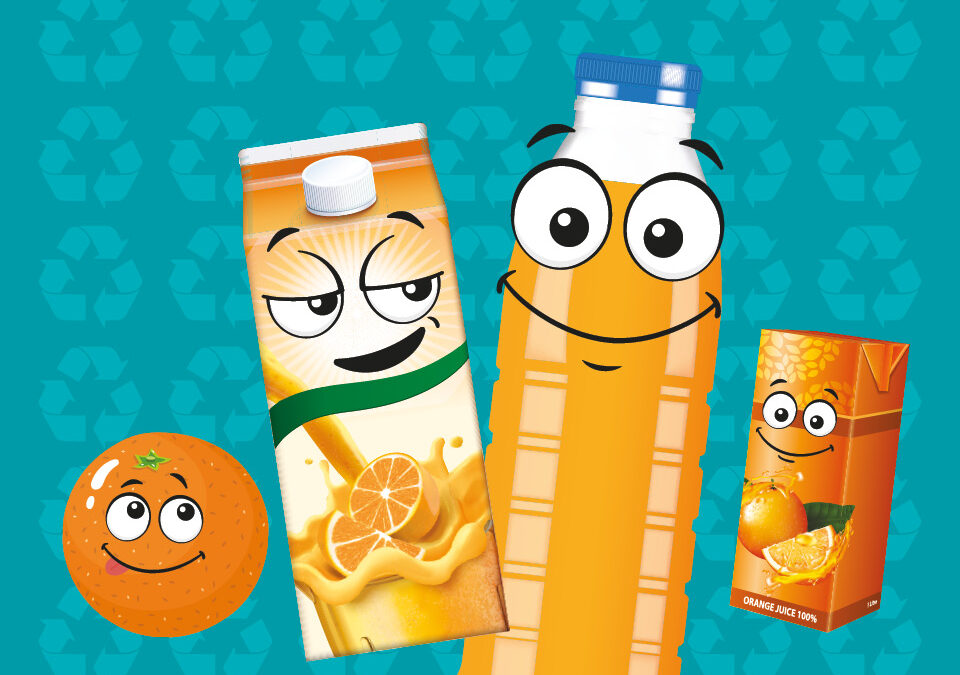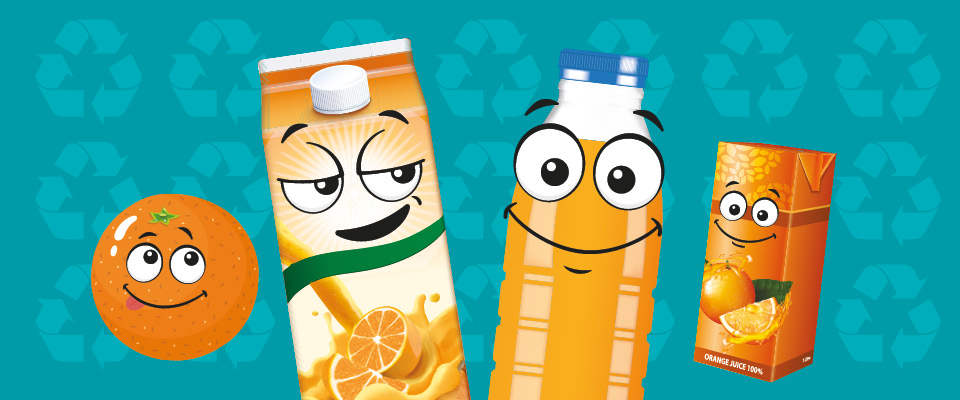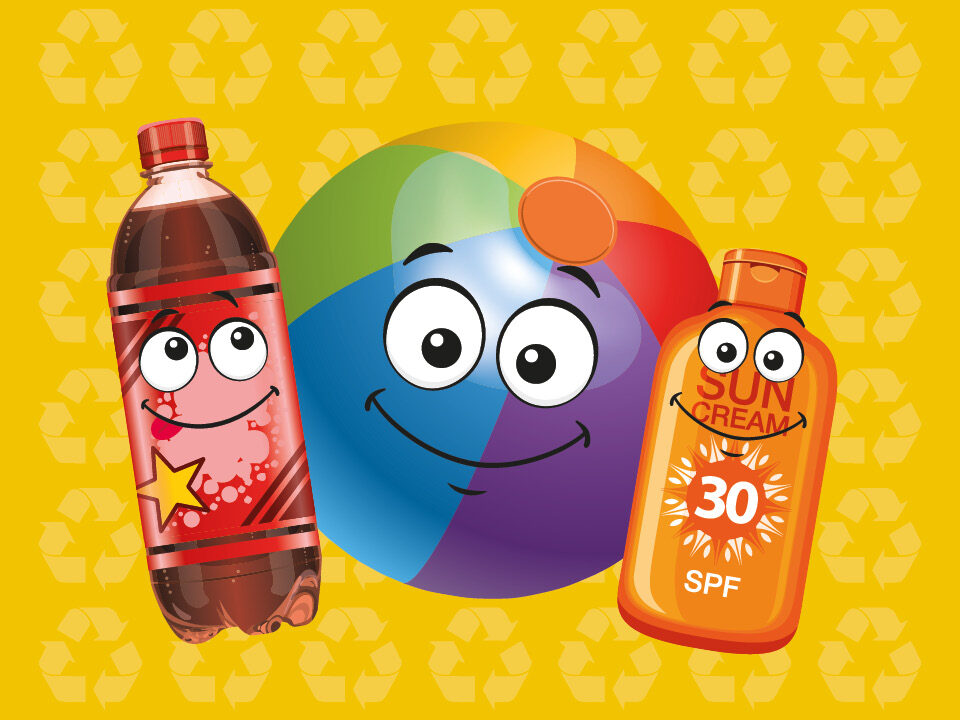

How to Make Recycling Part of the Family
How do you get the whole family involved in recycling when it seems you’re the only one who’s really into it?
Your kitchen bin has some advice.
Spend as long as I do sat in the kitchen and you get to know a few things about the family you live with. Like who’s serious about recycling and who’ll stop separating cardboard, plastic and glass the moment their partner’s/kids’/parents’ backs are turned.
If you’re committed to recycling but others in your household are a bit more casual, here’s how to get everyone on the same environmentally-friendly page.
- Just the facts
No one will appreciate a full dose of ‘Dadsplaining’ or ‘Mumsplaining’. But it doesn’t take a 30 minute lecture with PowerPoint to get a really simple message across – such as:
- Recycling one can of beans will save enough energy to power a TV for up to 3 hours
- Recycling one glass bottle could power an old 100-watt light bulb for four hours (and an LED bulb for much, much longer)*
- Recycling paper uses about 40% less energy than making it from virgin wood*
- Recycling aluminium cans uses 95% less energy than making them from scratch*
*Source: Friends of the Earth
- Make it easy
Recycling is most successful when you make it easy. So make sure there’s a bin, box or bag close at hand for all your recyclables and make sure everyone knows what goes where.
- Give some responsibility
Young children in particular respond to being given responsibility. Putting them in charge of collecting wastepaper or putting plastic in the right bin can instil habits that last a lifetime.
- Lead by example
Parents can set a great example to kids. If anything, I see the reverse happen even more frequently. So if you’re frustrated that your parents aren’t stepping up, show them how it’s done.
- Make a game of it
Give your recycling a competitive edge and watch what happens. Put up a chart and award a point or star every time an item is correctly sent for recycling. If you’re being ultra-competitive, remove points for items in the wrong bins or that haven’t been properly rinsed out. Set a target – the end of the week or month – and make sure the winner get a prize.
They say it takes 100 days to form a habit, so in just a few weeks you could have a family of recyclers who never need reminding where that bottle, box or can needs to go.
- Reconnect
You’ll have heard lots about the 3Rs (Reduce, Reuse, Recycle). You may have heard about the 8Rs (you can read about those in this recent post). But here’s an R you won’t find in either group, and it could play an important role in helping the whole family understand the importance of recycling.
The thing is, as long as waste is only ever a discussion about what to put in my flip top lid, it’s always a remote and abstract thing. Get out on the beach and see the items that are washed up, however, and it stops being abstract.
So get out in the fresh air and see at first hand the damage we cause when we don’t recycle – and the difference we make when we do.



